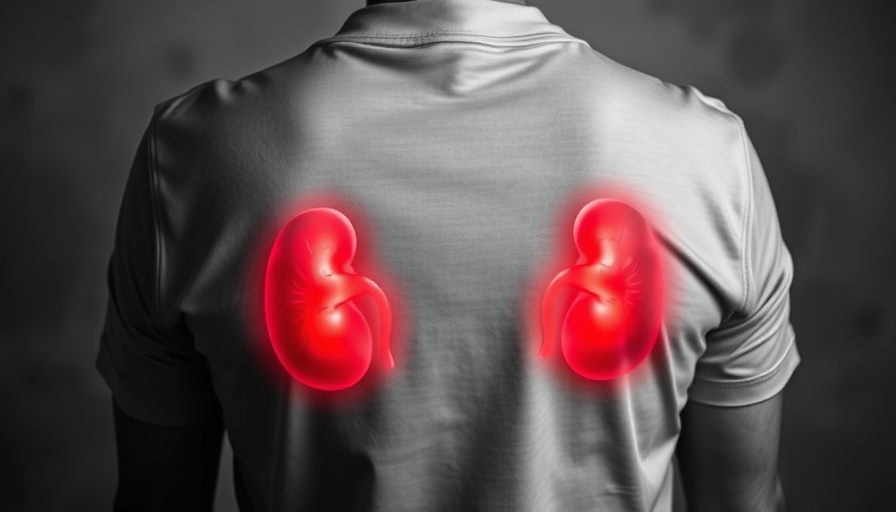
Heat’s Impact on Mental Health: A Dual-Edged Sword
New research conducted by a team at University College London has uncovered a fascinating yet complex relationship between temperature and mental health, specifically in individuals with mood disorders. The recent study revealed that as mean daily temperatures rise, depressive symptoms tend to decrease, while manic symptoms often see an increase. The findings present a dual-edged sword, especially for those living with bipolar disorder.
Temperature and Mood: The Nitty-Gritty
The study, involving over 6,000 adults suffering from mood disorders, indicated that for every 1°C increase in temperature, depressive symptoms were reduced by about 0.2%, but manic symptoms rose by 0.4%. This data was collected via a smartphone application called juli, which tracked participants' locations and corresponding real-time temperatures over two years, from 2021 to 2023. The research highlights the profound influence of environmental factors on mental health, suggesting that what we often take for granted—our climate—can significantly affect our emotional well-being.
Seasonal Influences on Mood Disorders
Interestingly, the impact of temperature varied by season. Spring appeared to present the strongest correlation with depressive symptom relief, yielding a reduction of 0.5% for each degree increase. Conversely, autumn displayed the most robust association with manic symptoms, showing an increase of 1.1% per 1°C rise. This seasonal variability underscores the nuanced effects that heat can have on those vulnerable to mood disorders.
Understanding Individual Norms: The Role of Familiarity
One particularly striking finding was that individual temperature norms—how accustomed a person is to specific temperature ranges—played a crucial role in determining their reaction to temperature changes. Those who experience an unusual spike in temperature, compared to their everyday norms, may respond quite differently, potentially heightening their risk of mood disturbances. This insight indicates a need for personalized monitoring and management of mood-related symptoms, particularly during extreme weather events.
The Importance of Awareness and Preparedness in Mental Health
The researchers emphasize the importance of acknowledging how heat waves and other extreme weather events can exacerbate symptoms for individuals living with bipolar disorder. As global temperatures rise due to climate change, mental health professionals and public health entities must prioritize preparedness strategies to address possible climate-related mood disruptions. Effective interventions could mitigate extreme outcomes, including hospitalization and crises.
Counterarguments: Challenging the Findings
Despite the study’s interesting findings, it is important to consider potential limits in its design. For instance, factors like socioeconomic status, medication usage, and lifestyle choices were not robustly accounted for, which could influence individual symptom responses. The study predominantly involved younger female participants with smartphone access, possibly limiting the generalizability of the results. Thus, readers should approach these findings with a critical eye, understanding that more research may be necessary to draw definitive conclusions.
Taking Action: What You Can Do
Understanding the implications of temperature changes on mental health can empower individuals to take proactive steps. If you or someone you know is affected by mood disorders, consider monitoring daily temperatures alongside mood trackers to observe any patterns. Staying connected with healthcare providers during warmer seasons can also help in managing symptoms. Awareness is the first step toward resilience.
Conclusion: The Call for Mindful Awareness of Climate's Impact on Mental Health
As climate change continues to alter our environment, the effects on mental health deserve ongoing attention. By understanding the relationship between heat and mental well-being, we can better prepare ourselves and those around us for the emotional challenges that may lie ahead. Let's prioritize not just our physical health but our mental wellness too.
 Add Row
Add Row  Add
Add 



 Add Row
Add Row  Add
Add 
Write A Comment